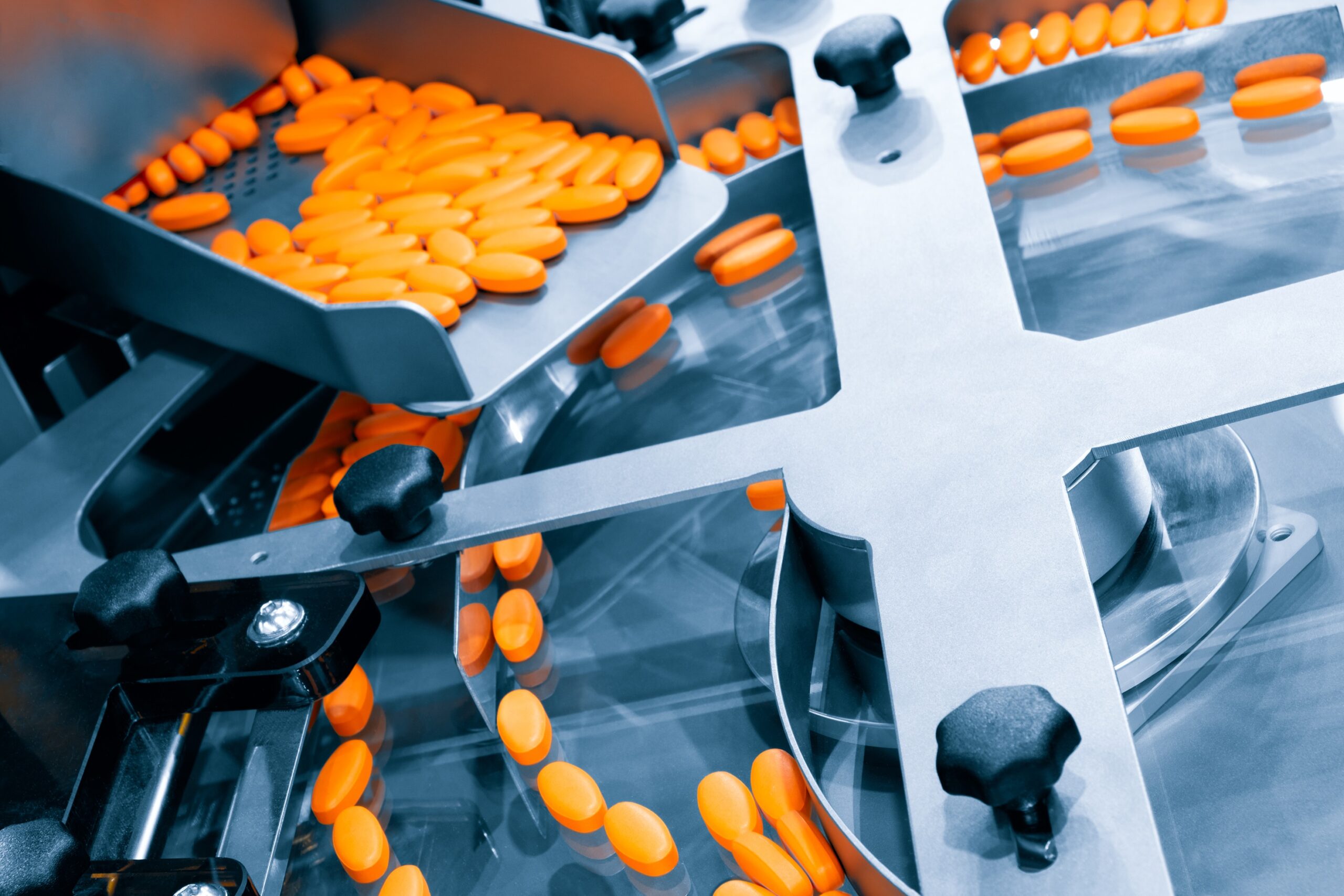Pharmaceutical production lines are among the most complex and highly regulated manufacturing systems in the world. The mechanical design of these lines is critical to ensuring the safety, quality, and efficiency of drug production. With the increasing demand for precision, scalability, and compliance with stringent regulatory requirements, the mechanical design of pharmaceutical production lines has become an area of intense focus and innovation.
Mechanical design in pharmaceutical production lines involves the creation and optimization of machinery, equipment, and processes used to manufacture pharmaceutical products. This design process must take into account various factors, including the physical properties of the drugs being produced, the need for sterility, and the rigorous standards imposed by regulatory bodies such as the FDA and EMA.
The primary goal of mechanical design in this context is to create a system that can consistently produce high-quality pharmaceutical products while minimizing waste, reducing production time, and ensuring worker safety. This requires a deep understanding of both the mechanical aspects of the equipment and the specific requirements of pharmaceutical manufacturing.
Key Considerations in Mechanical Design
- Compliance with Regulatory Standards
One of the foremost considerations in the mechanical design of pharmaceutical production lines is compliance with regulatory standards. The design must meet Good Manufacturing Practices (GMP) and other industry-specific regulations. This includes ensuring that all materials and surfaces that come into contact with the drug product are compatible, non-reactive, and easily cleaned to avoid contamination.
The design must also account for validation processes, ensuring that the equipment and production line can consistently produce products that meet quality specifications. Documentation and traceability are essential, as regulatory agencies require detailed records of the design, testing, and operation of pharmaceutical production equipment.
- Sterility and Contamination Control
Maintaining sterility is critical in pharmaceutical production, particularly for products like injectables, biologics, and other sterile medications. The mechanical design must minimize the risk of contamination by incorporating features such as clean-in-place (CIP) systems, closed processing, and the use of materials that can withstand rigorous sterilization procedures.
The design should also consider the airflow and environmental controls necessary to maintain cleanroom conditions. This includes the placement of equipment to minimize turbulence, the use of HEPA filters, and the design of enclosures or isolators to protect both the product and the operators.
- Scalability and Flexibility
The pharmaceutical industry is characterized by rapid changes in demand and the need for flexibility in production. Mechanical design must therefore allow for scalability, enabling manufacturers to increase production capacity as needed. This might involve modular designs that can be expanded or reconfigured, or the incorporation of automation to increase throughput without compromising quality.
Flexibility is also important in multi-product facilities where the same production line may be used to manufacture different drugs. The design must facilitate quick changeovers between products, with minimal downtime and the ability to thoroughly clean and validate the equipment between batches.
- Material Handling and Precision
The mechanical design must ensure precise and consistent handling of materials throughout the production process. This includes everything from the accurate dosing of raw materials to the precise control of temperature, pressure, and mixing during production. The use of advanced sensors, control systems, and robotics can enhance precision and reduce variability, which is crucial for maintaining product quality.
Material handling systems must also be designed to minimize the risk of cross-contamination and to ensure that materials are transferred efficiently and safely between different stages of production. This might involve pneumatic conveying systems, gravity-fed hoppers, or other specialized equipment depending on the properties of the materials being handled.
- Energy Efficiency and Sustainability
As sustainability becomes an increasingly important consideration in all industries, the mechanical design of pharmaceutical production lines is also evolving to incorporate energy-efficient technologies. This includes the use of energy-efficient motors, the recovery and reuse of waste heat, and the design of systems that minimize water and solvent usage.
Sustainable design also involves selecting materials and processes that reduce the environmental impact of production. For example, designing for minimal waste generation, optimizing packaging processes to reduce material use, and implementing closed-loop systems for waste recycling can all contribute to a more sustainable production line.
The Role of Advanced Technologies
The integration of advanced technologies is transforming the mechanical design of pharmaceutical production lines. Automation, robotics, and digital twins are just a few examples of how technology is being used to enhance the design process and improve production outcomes.
- Automation and Robotics: Automated systems can improve the precision and efficiency of production lines while reducing the risk of human error. Robotics can be used for tasks such as material handling, packaging, and even the assembly of complex drug delivery devices.
- Digital Twins: A digital twin is a virtual model of a physical production line. By creating a digital twin, engineers can simulate the production process, test different design configurations, and optimize the system before any physical equipment is built. This reduces design errors, shortens the development timeline, and ensures that the final design is as efficient and effective as possible.
- IoT and Predictive Maintenance: The Internet of Things (IoT) allows for the continuous monitoring of equipment performance in real-time. Predictive maintenance technologies can analyze this data to predict when equipment is likely to fail, allowing for proactive maintenance that minimizes downtime and extends the life of the equipment.
The mechanical design of pharmaceutical production lines is a critical factor in the success of any drug manufacturing operation. At EMMA International, we understand the complexities involved in the mechanical design of pharmaceutical production lines. Our team of experts provides comprehensive support, from initial design and regulatory compliance to validation and ongoing optimization. Whether you’re developing a new production line or looking to enhance an existing one, we offer the expertise needed to ensure that your system is efficient, compliant, and capable of delivering the highest quality products. By partnering with us, you can leverage our deep industry knowledge and cutting-edge technologies to achieve your production goals. Call us at 248-987-4497 or email info@emmainternational.com to learn more.
Zhao, J., Tian, G., Jayanti, D., et al. (2023) Development of an Artificial Intelligence Based Predictive Controller for a Continuous Pharmaceutical Manufacturing Process retrieved from: https://www.fda.gov/media/168879/download




